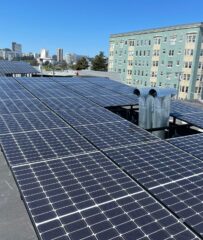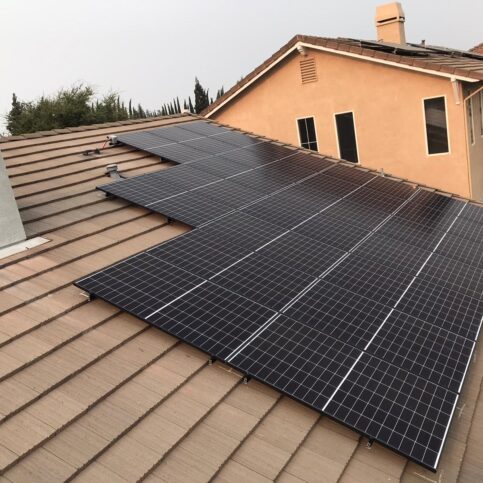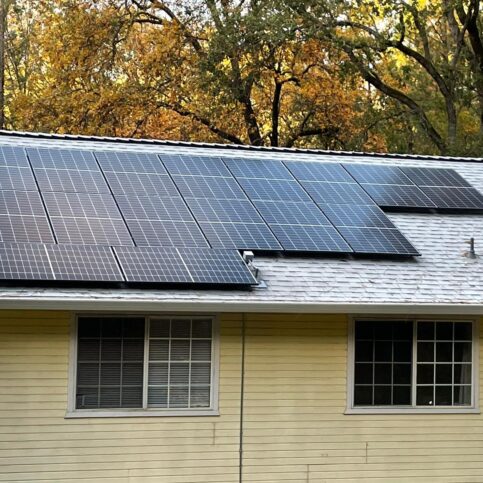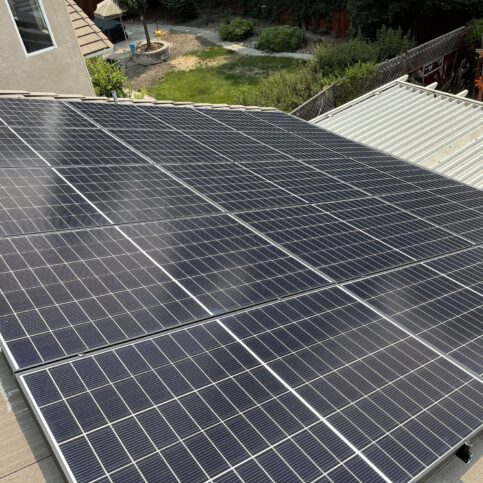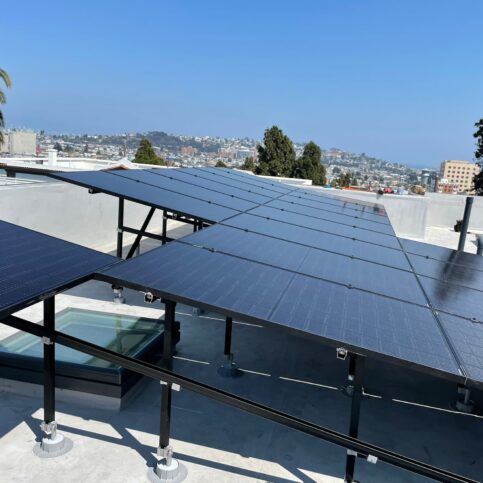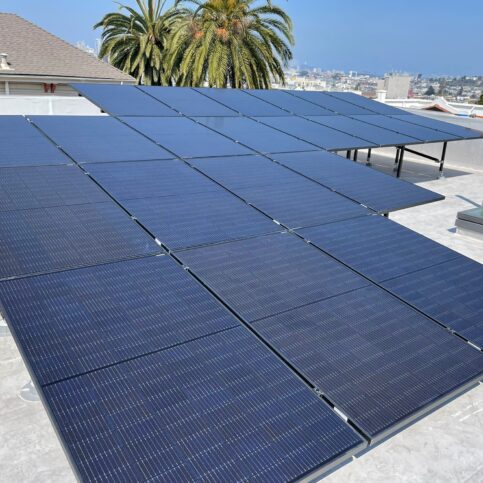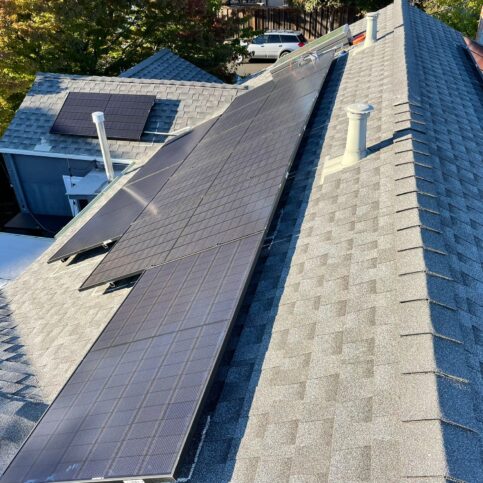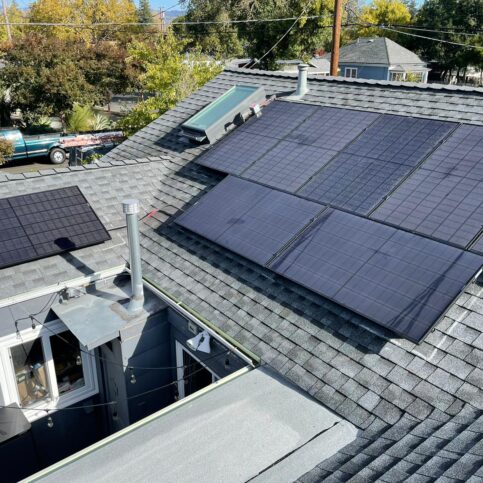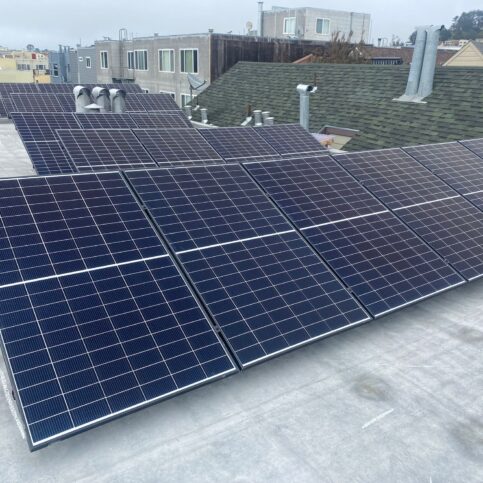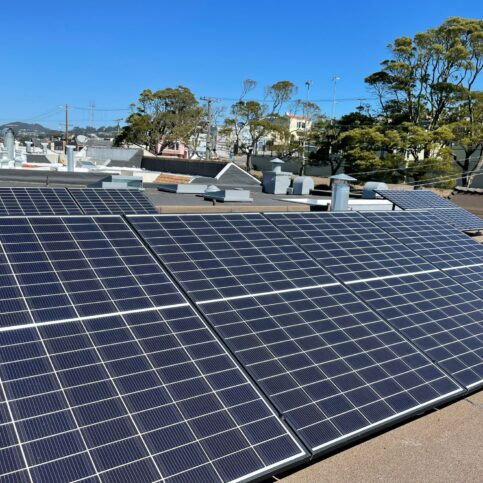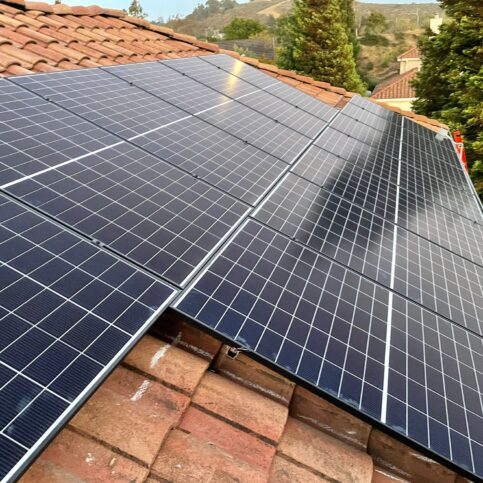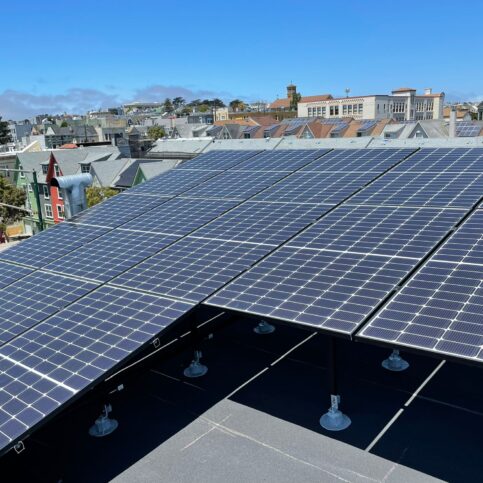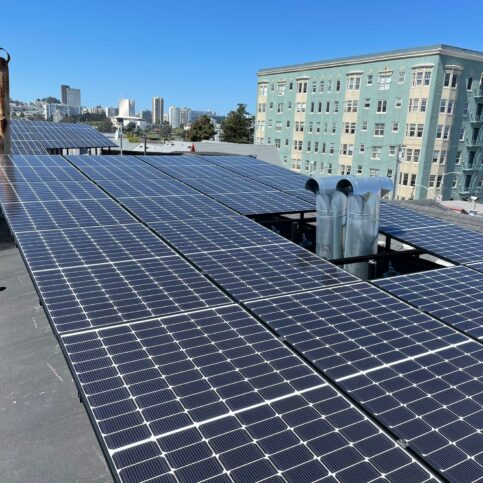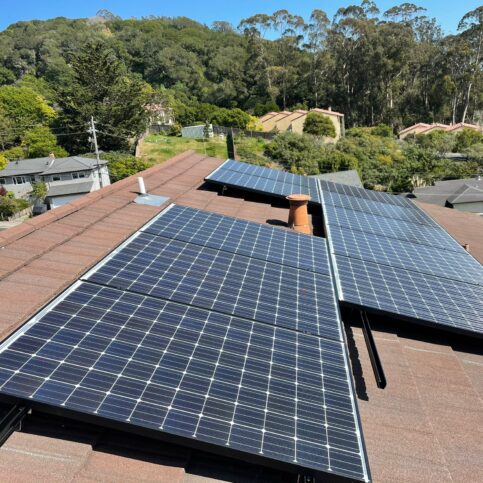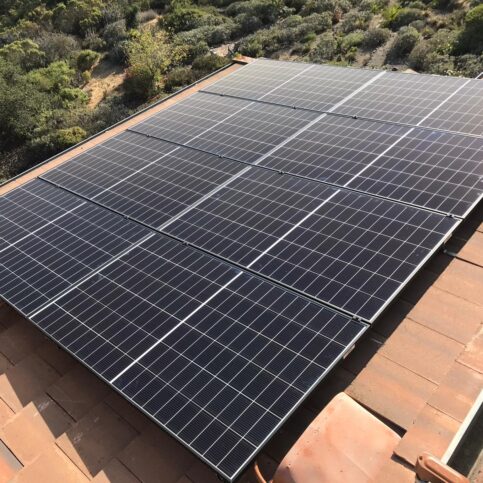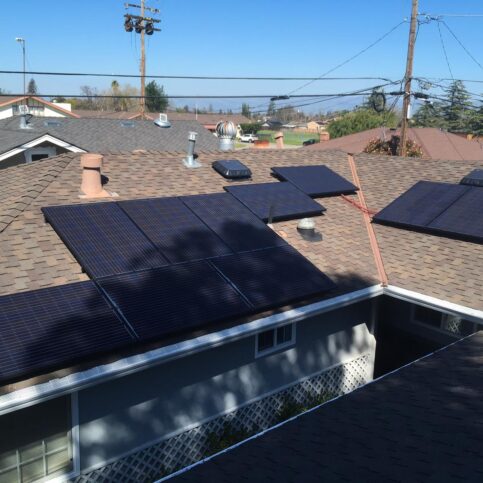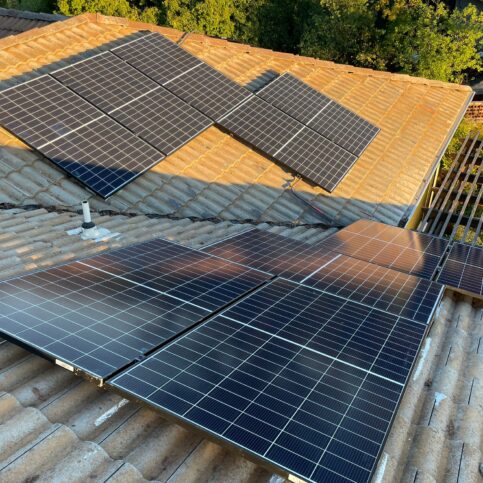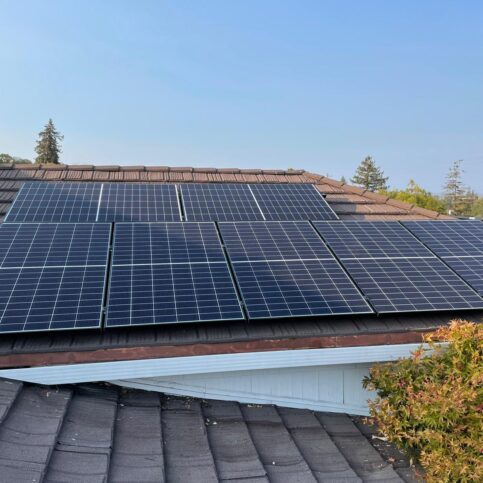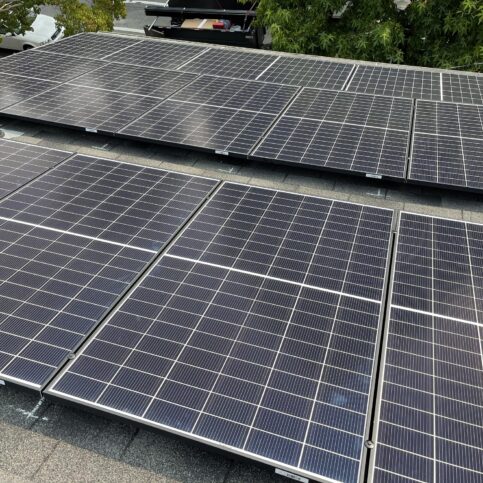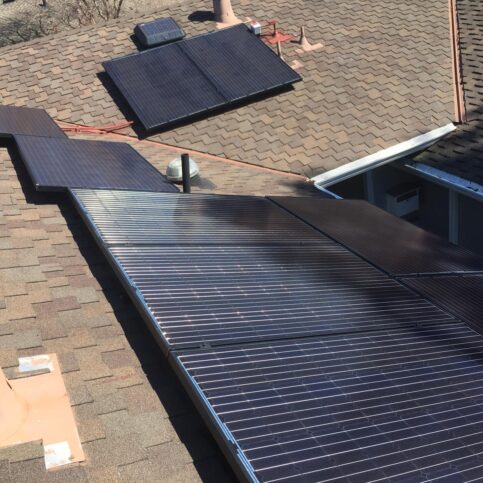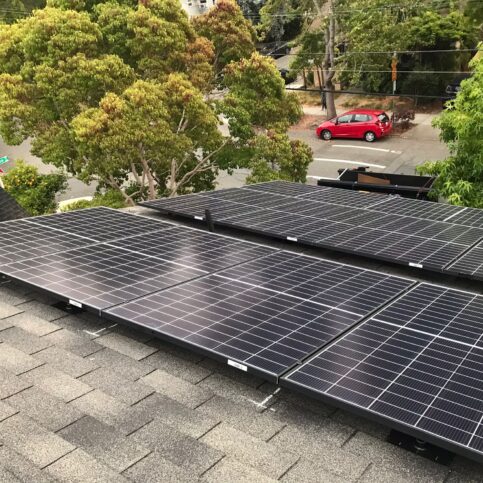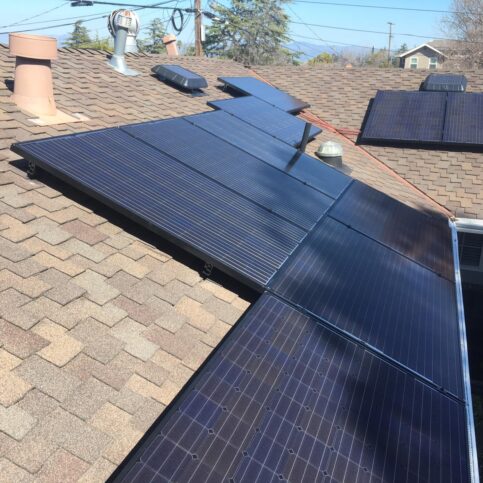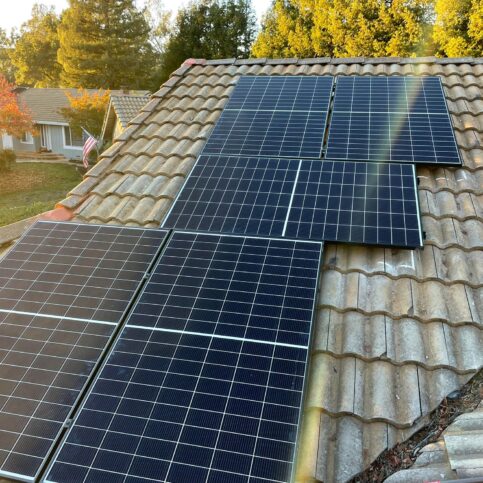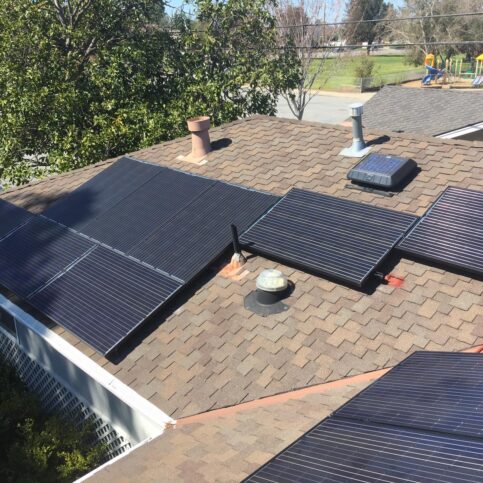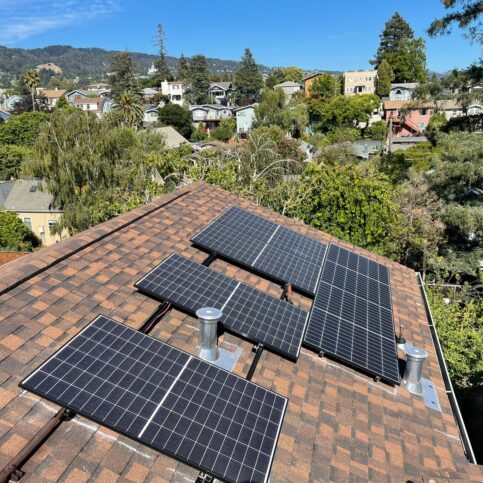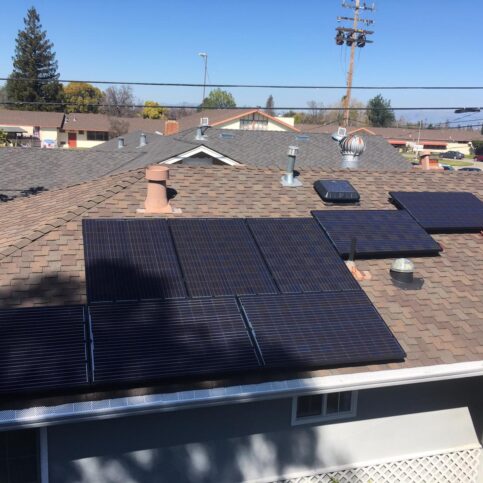California homeowners have a lot to gain by investing in clean solar energy. The residential solar industry is booming across the United States, but experts say residents of California are uniquely situated to reap more benefits from solar ownership than people living in other parts of the country. “The attractiveness of Solar as an Investment (SaaI) is a function of the quality of the sunlight and the prices imposed by electric companies,” explains Renzo Castillo, co-founder of SolarUnion in San Francisco. “Based on those two simple criteria, California is a great market. The quality of the sunlight is excellent and utility prices are extremely high compared to other areas in the continental U.S.”
On average, California homeowners see more sunny days and clearer skies than people living in the rest of the country, so, all else equal, solar systems in California perform better and produce more energy (kWhs) than those in other states. Because those same systems are offsetting higher energy costs from local electric companies, homeowners enjoy a much better return on their investment and faster payback periods.
Mr. Castillo says this presents a clear and immediate call to action. “Based on these positive factors, California homeowners should start looking at the savings they can get now instead of waiting three to five years to invest in their solar systems. If you wait and see under the assumption that technology will improve in a few years, you’re passing up an opportunity for tangible savings now. Would you rather take $1 in savings now versus $1 in savings in five years? If done right, homeowners will enjoy payback periods on their solar investments of six years or less. I see no compelling to reason to wait. The only caveat is that homeowners need to do their homework to protect their investments by selecting a solar company that offers a quality system with a reliable, credible performance guarantee. If the solar company does not guarantee output or just carries a limited workmanship warranty, keep looking. After you properly control for execution and warranty risks, the sooner you install your system, the sooner you’ll start seeing results. It’s on you. If you want to convince yourself about the need for action, just go through a quick exercise. If you didn’t own a system the past five years, do the math and estimate how much cash you burned during that period by not exercising your option to save with solar. Or just call your electric company, ask them to give you the year totals, and sit down and reflect. You could have transferred all that cash to your kids’ college funds while going Green…a double-bottom line approach.”
Current rebates, incentives and financing plans mean any solar-curious homeowner should explore the option to own a solar system. “Today, even lower-income families are able to own a solar system and, as a result, secure more savings in the process,” says Mr. Castillo. “Owners of solar systems own all rebates and incentives that effectively lower the price of and the bar for ownership. A few nonprofits allow these low-income families to take solar loans and finance the systems, $0 down, with average monthly payments set under what these homeowners would typically spend on electricity otherwise. Where should the industry go? With these federal and local financing tools in place, the industry should gradually transition from third-party ownership (leases) to a model geared towards direct ownership, which guarantees the highest savings for homeowners. Ownership should be an option regardless of the credit quality of the homeowner. Then, we will approach solar savings as an issue of social justice. Solar companies’ executives and boards should not just focus the conversation on serving premium, affluent zip codes. This is pervasive and weakens the spirit of solar and its pioneers. It makes solar regressive, not progressive. Let’s change our mindset and be more inclusive.
“Consider, for instance, that in many California zip codes, families earning minimum wage allocate at least 15 percent of their income to the electric company,” he continues. “With no action, they will see their income erode as time goes by. Look at historical data. We know their income will hardly ever increase. We know their utility rates will likely always increase. With solar ownership, these families may effectively lock their electric rate at a deeply subsidized (and clean) rate and become insulated from the periodic, lawful rate increases imposed by their utility company. These are the families that will benefit from solar ownership the most. They will save from day one and free up cash to address other pressing needs in their budgets. Their savings with solar will be in the tens of thousands of dollars. As an industry, we should make a concerted effort to empower these families and give them the option to embrace the clean energy, financially savvy option as well. What are we waiting for?”
Read moreRead Less












